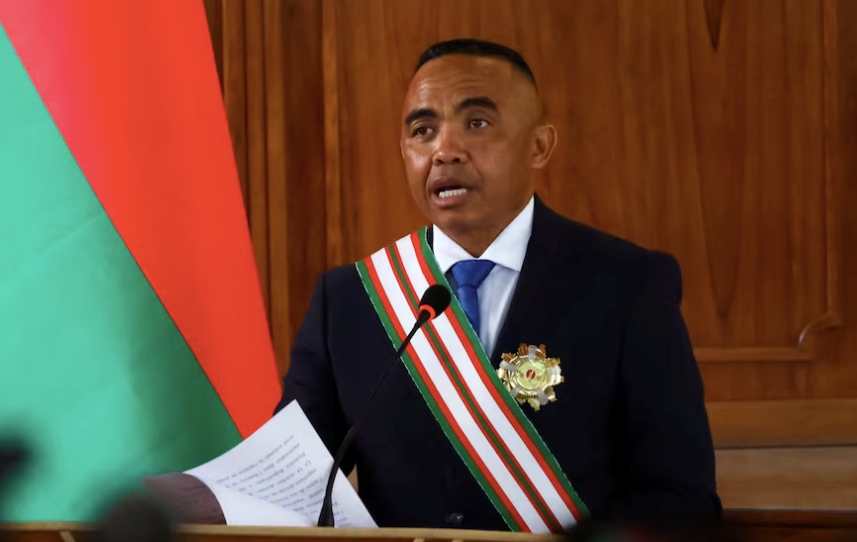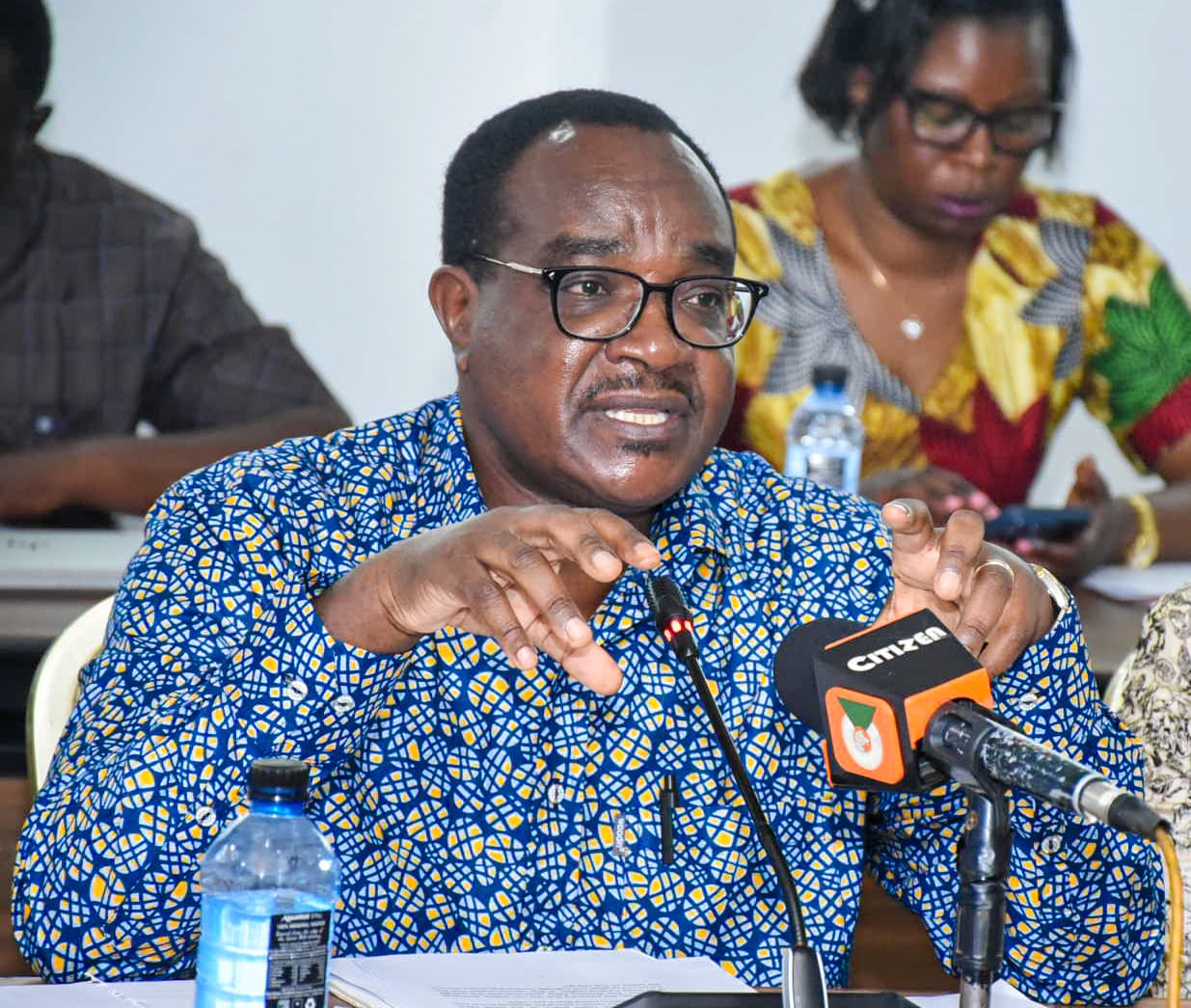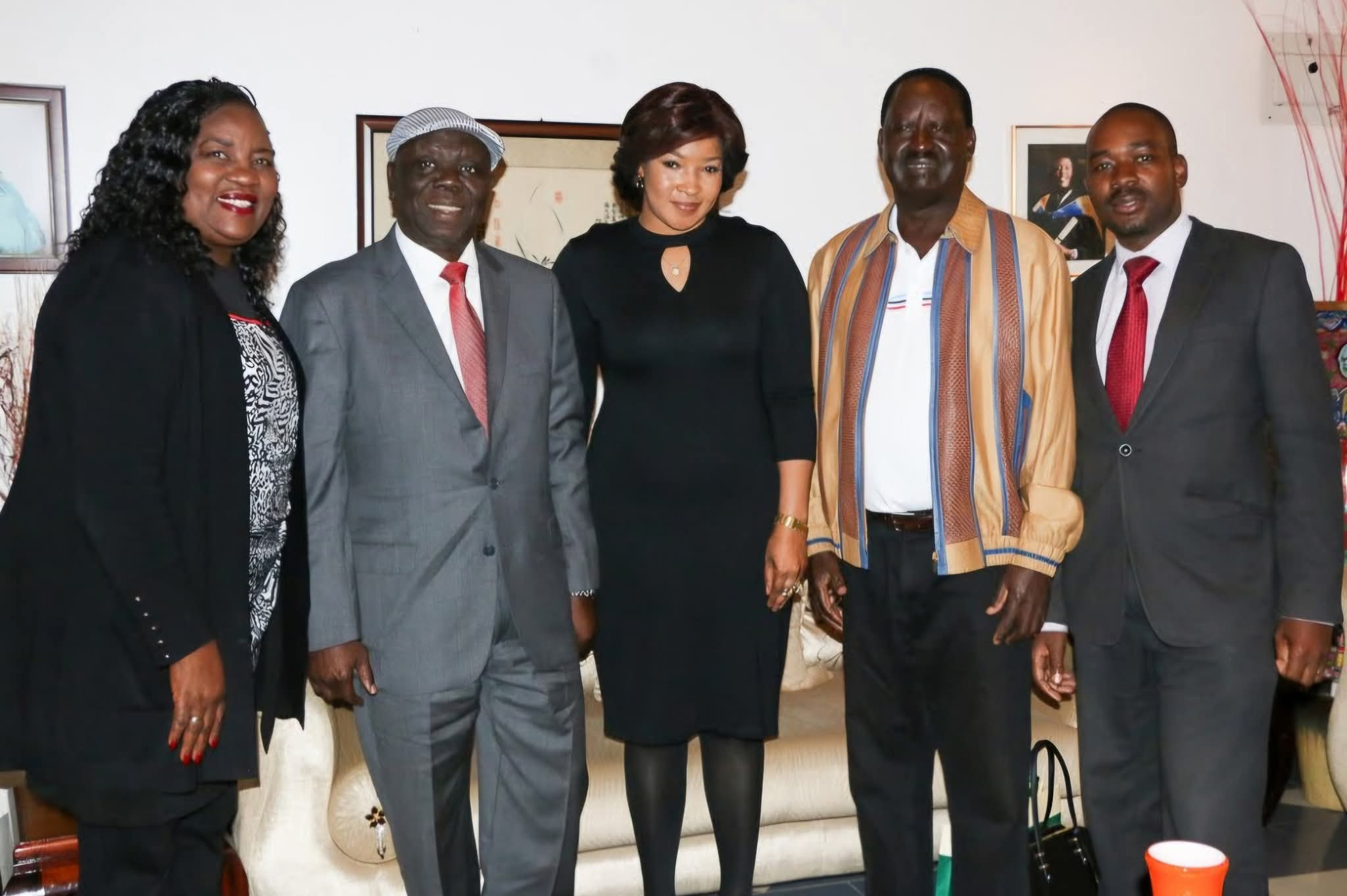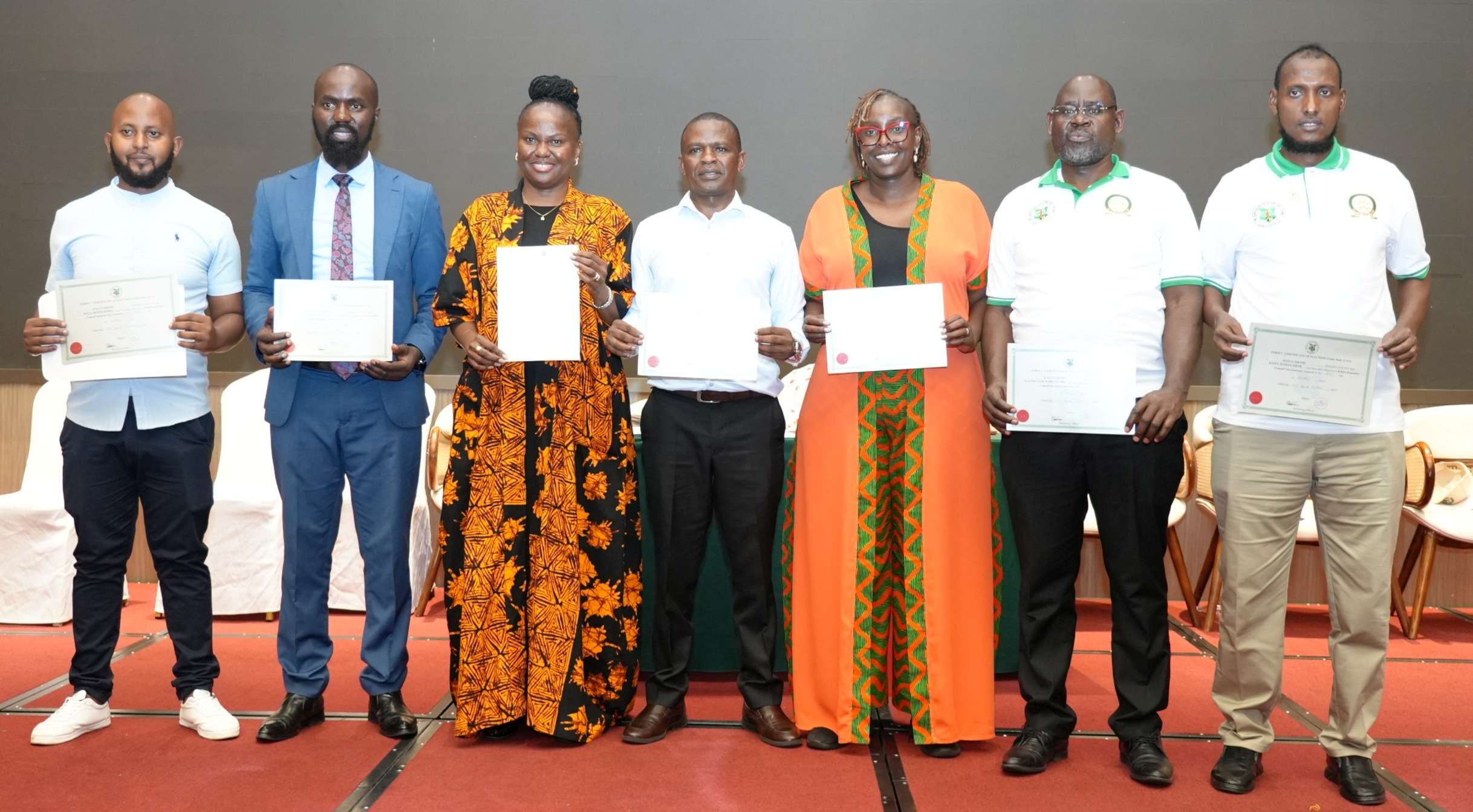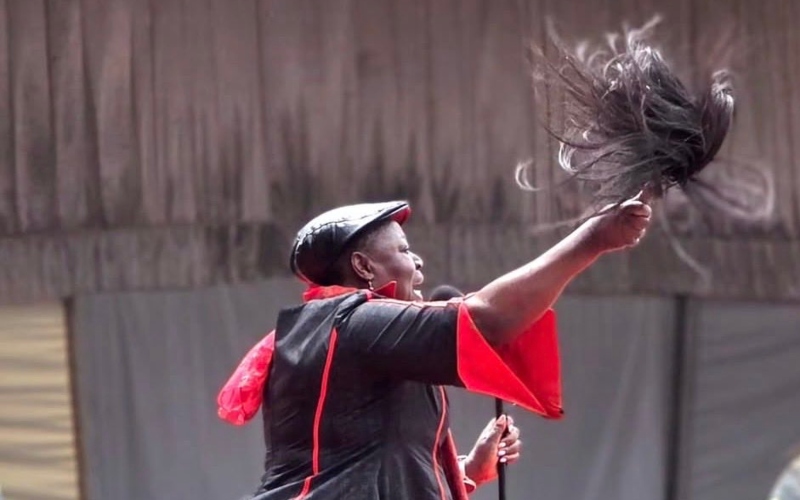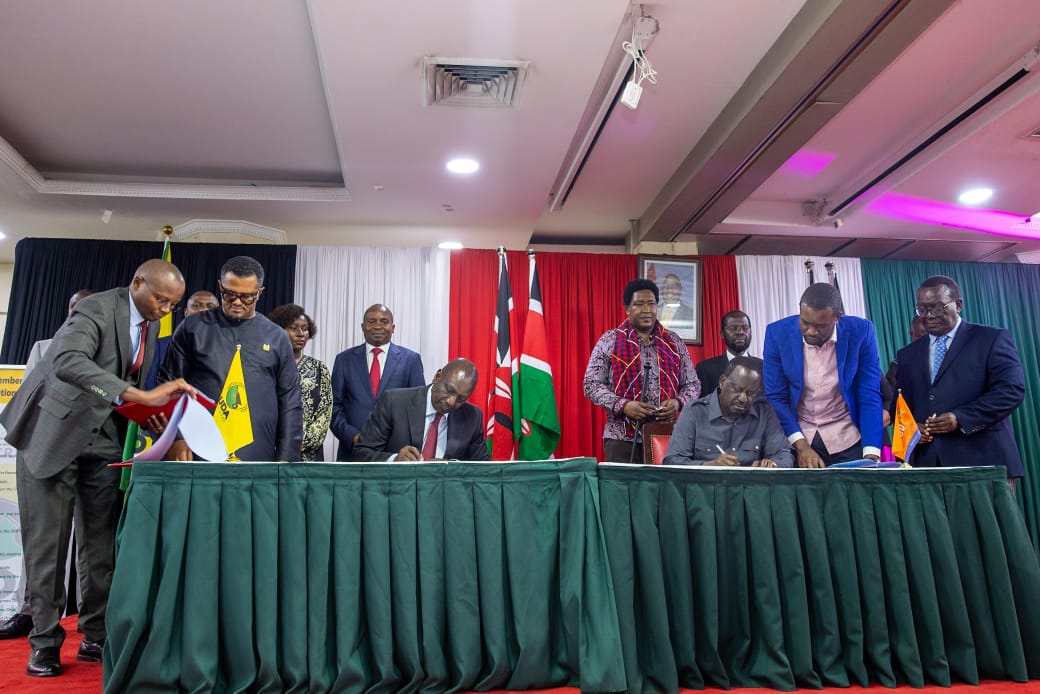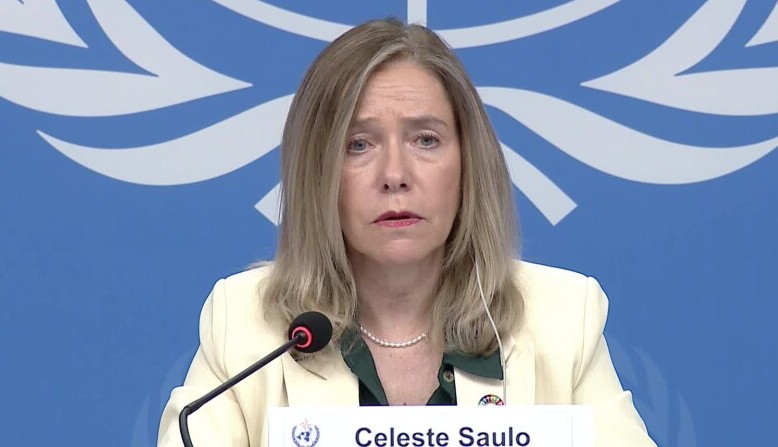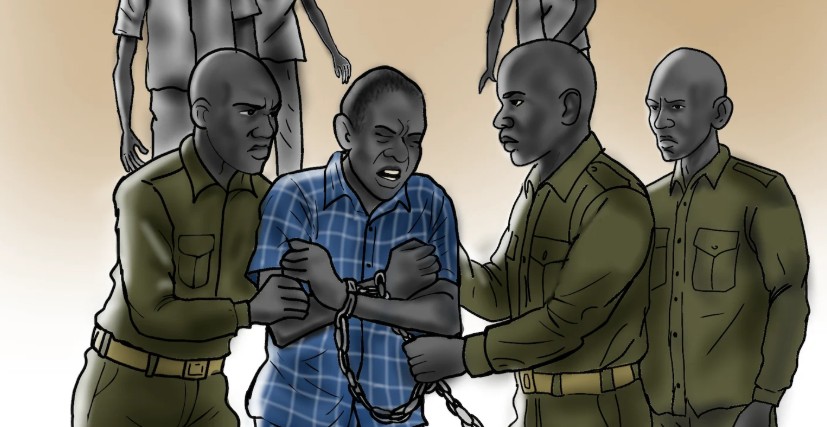South Sudan to revamp judicial system to promote justice
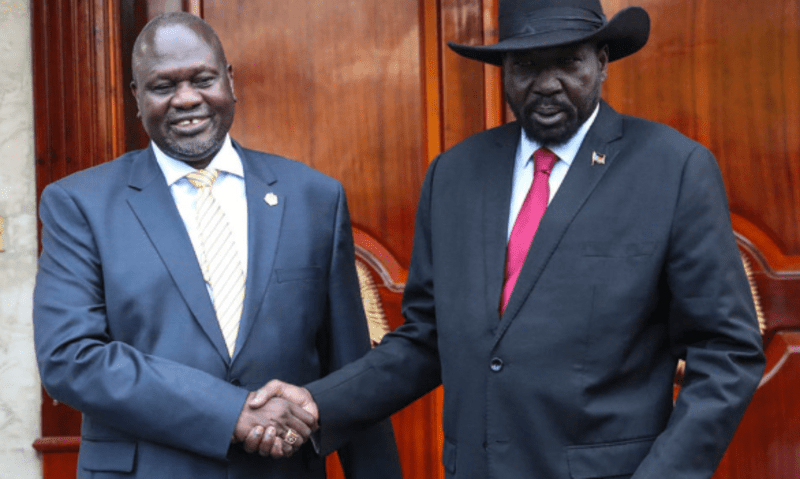
South Sudan's Justice and Constitutional Affairs Minister, Ruben Madol Arol, says underfunding undermines the Judiciary's capability to reduce the huge case backlog and deliver its mandate.
South Sudan's Judicial Reform Committee (JRC) is seeking to install a competent judicial system to support the accessible, efficient, and effective delivery of justice.
JRC Chairperson James Ogoola noted last week that the country needs a judiciary free of prejudice that will live up to the hopes and dreams of a post-conflict South Sudan.
More To Read
- 300,000 flee South Sudan as Kiir–Machar conflict escalates, UN warns of civil war return
- South Sudan is unstable: How a weak state benefits the ruling elite
- South Sudan: Is Riek Machar's trial threatening stability?
- South Sudan crisis: Suspended VP Riek Machar charged with treason and terrorism
- Kenya to press for urgent interventions in conflict-hit regions at UN General Assembly
- South Sudan's vice-president Riek Machar charged with treason, murder
“We want in South Sudan, [shortly and in the long term], a judiciary that is efficient, effective, and competent—one that delivers access to justice for its court users,” Ogoola said in Juba on March 9, 2024, at a consultative forum held as part of efforts to legitimise the country's judicial system.
He added that the goal is for a body that "delivers its work without fear of anybody or favours to anybody" and is sufficiently equipped for its roles.
The JRC determines the capabilities of the judiciary as per the 2018 peace deal between President Salva Kiir and opposition leader Riek Machar, probing and reporting its discoveries on the judicial system to the Revitalized Transitional Government of National Unity (RTGoNU).
South Sudan was plunged into conflict in 2013 after a political disagreement within the ruling Sudan People's Liberation Army (SPLA). A 2015 deal for a unity government collapsed the following year, and the conflict continued, but it was resurrected in 2018 and led to the formation of the RTGoNU in 2020.
South Sudan's Justice and Constitutional Affairs Minister, Ruben Madol Arol, decried the underfunding of the country's judiciary, noting that this undermines its capability to reduce the huge case backlog and deliver its mandate.
"The cooperation and collaboration in dealing with a backlog of cases among the police, prosecutors, and judges are there, but all that [is needed is] more commitment, efforts, and resources," he said.
Madol, who has been leading calls for more funds for the judiciary, added that the establishment of mobile courts requires finances to enable judges, prosecutors, and police to travel to places where their services are required, as it is their mandate to expedite justice.
"We want to come up with a plan to address the case backlog," he said, adding that this would be followed by the securing of resources for judicial officers. "It is possible for the Judicial Service Commission to come up with a plan on how to approach the case backlog and get resources for judges to do what is required," he said.
Top Stories Today

